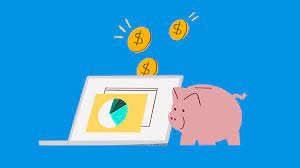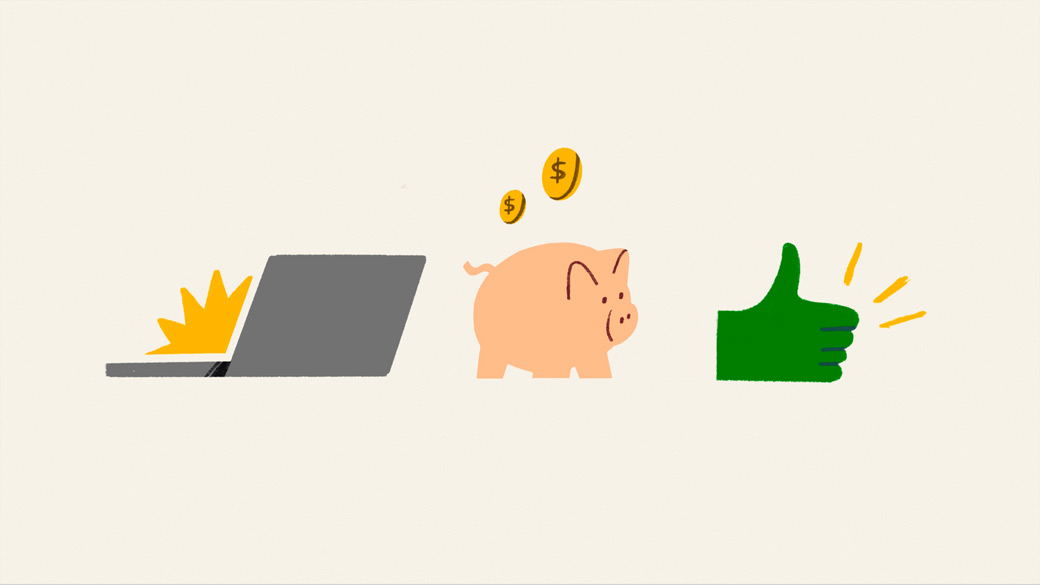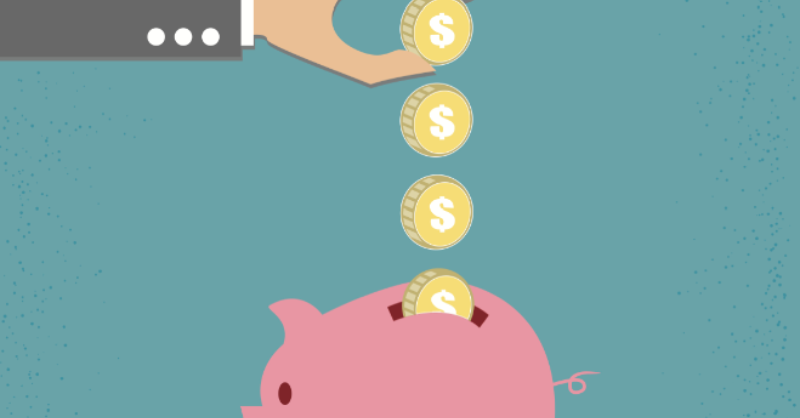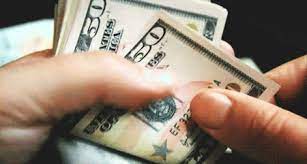Hello!
 There are numerous benefits to having good money habits. Learning how to manage your money better is an important step that will enable you to achieve your financial goals. Effective money management will also open new opportunities that were improbable due to a lack of funds.
There are numerous benefits to having good money habits. Learning how to manage your money better is an important step that will enable you to achieve your financial goals. Effective money management will also open new opportunities that were improbable due to a lack of funds.
However, many people fail to manage their money well due to a lack of information. So, learning good money habits is the first step to financial freedom.
Also read: Death Stranding 2: A 94-Point Masterpiece — Kojima Turns Delivery into a Cultural Phenomenon
What are the benefits of saving your money?
No matter how much you earn, it’s good to save a certain percentage of your income. The money will come to your rescue in case of an emergency.
Your savings will also act as a spending safety net; if you need to purchase something urgently, you can use the money to do that. A steady increase of funds in your account will also inspire you to save more or think of investment plans.
How can you learn good money habits?
1. Seek information
 Having the right information will help you manage your money better. Information about finances, investments, dealing with debt, and money market trends will help you stay on the right track.
Having the right information will help you manage your money better. Information about finances, investments, dealing with debt, and money market trends will help you stay on the right track.
You can use this information to educate your loved ones about your finances. This way, you’ll spend your income better without pressure from loved ones.
2. Don’t do it alone
Learning how to manage your money better can be challenging, mainly when you do this alone. Involve your family members and avoid keeping your investments and other financial affairs confidential. Communicate often about your financial matters, and this will help build trust and accountability.
3. Save more and pay up any debts.
 Cut on your expenses and try to live on less money. Use the money to expand your savings and pay up your debts. List some things that you spend much on, and devise ways to cut on the expenses.
Cut on your expenses and try to live on less money. Use the money to expand your savings and pay up your debts. List some things that you spend much on, and devise ways to cut on the expenses.
Avoid walking with a lot of cash, but instead, leave your money at home or keep it in your bank account. You can even sell things that you don’t need to acquire what you need.
Moreover, decreasing your debt burden should be a long-term goal. Once you pay up, start focusing on amassing wealth. Limit debts and opt for flexible personal loans with low interest rates, visit different banks or lenders, and only chose one with the best rates.
If you need a car loan and you already have a poor credit score, some lenders can help you out. For example, bad credit car loans nova scotiahave helped many people with a poor credit score. Their loans accrue low interests and will help you acquire a vehicle that you can afford.
4. Set an emergency fund
 An emergency fund is a savings account that you use to set aside money for unexpected incidents. It should be separate from your regular savings, and you should access it in case of an emergency.
An emergency fund is a savings account that you use to set aside money for unexpected incidents. It should be separate from your regular savings, and you should access it in case of an emergency.
The reason for having a savings account as well as an emergency fund is because you shouldn’t spend your savings on an emergency.
The goal of the emergency fund is to save sufficient funds that can cater to about six months of your monthly expenses. The best way to do this is to open a savings account that doesn’t charge for deposits or withdrawals.
5. Create a money management plan
 Financial planning is an excellent strategy that can assist you in controlling your spending. Have a list of your expenses and compare that to your expenditure. Come up with a clear plan on how much you’d like to save in a certain period. Think of things that you need to keep the money for, and open an account for each of them.
Financial planning is an excellent strategy that can assist you in controlling your spending. Have a list of your expenses and compare that to your expenditure. Come up with a clear plan on how much you’d like to save in a certain period. Think of things that you need to keep the money for, and open an account for each of them.
These can be, for instance, education, vacations, emergencies, and many more. Also, set up long financial goals that you need to achieve in years to come.
Plan on your investments and think of ways on how to save for them. If possible, seek help from a financial advisor who can guide on money management.
6. Track your income and expenses
Tracking your cash flow will help you handle your money better. Have a written plan on how to spend your income; this includes a breakdown of your daily, weekly, and monthly expenses.
 You should make your cash flow analysis considering the following critical aspects:
You should make your cash flow analysis considering the following critical aspects:
- Your budget priorities
- The impact of family values on your cash flow
- Short-term budgeting plans and long-term projections
To monitor your expenses, use an electronic spreadsheet. One side, list your net worth, and this should include all your assets. On the other hand, list liabilities, and this may include; taxes, bills, loans, credit card debts, etc.
Conclusion
Money management requires a lot of discipline. To start with, cut on unnecessary expenses, avoid borrowing, and open a savings account. Set aside some money for emergencies and have the habit of saving part of your income and keep learning how to handle your finances better.
Thank you!
Subscribe to our newsletter! Join us on social networks!
See you!






